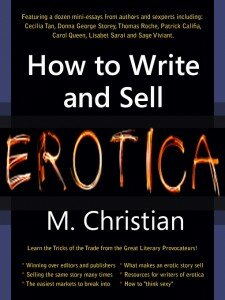Last time I had the blog we talked about developing a creative personality for the mind in writing short stories
The following is a high-octane problem-buster that will make child’s play of even the hardest brain-stumpers and grind down to a manageable size even the most insurmountable dilemmas. It is a development of ideas pioneered by Tony Hodgson, and others.
It’s based on the well-established finding from psychological research that the more different perspectives we bring to a problem, the more ideas we are likely to generate and the more complete our perceptions of it.
You’ve heard of seeing the world through ‘rose-colored glasses’, which cause one to see only the sunny side of things.
Imagine the effect of seeing the world through ten different pairs of colored glasses — one for each hue in the rainbow (and each different spectrum of our mental processes).
Regardless of how difficult the dilemma, you’ll have found the answer long before you’ve tried on the tenth pair. By examining a challenging circumstance through each set of ‘colored glasses’ (each different mental perspective), we achieve a complete, rather than a partial, view, and engage our minds to consider it far more deeply.
Here are the TEN COLORS
*White – cognitive, the way our mind functions when we are learning, thinking, increasing knowledge or understanding.
* Grey – factual, the way our mind functions when we are absorbing information, scanning for important and critical data.
* Yellow – opportunistic, the way our mind works when we view possibilities from a sunny cheerful, optimistic, positive point of view, and see how we can capitalize on and make the best of events and situations around us.
* Black – critical, the way our mind functions when we are serious, skeptical, analytic, seeing the potential problems on the road ahead.
* Green – creative, the way our mind functions when it sends up the shoots of fresh, new imaginative, creative, innovative new ideas.
* Brown – practical, the way our mind things when we are being down to earth, thinking things through logically, incrementally, objectively, within existing systems and assumptions.
* Blue – holistic, the way our minds work when we are looking at the big picture and engaged in strategic planning.
* Orange -molecular, the way our mind works when we are attempting to throw light on the individual parts of something, either to identify or place them.
* Violet – directive, the way our mind works when we are thinking about crucial aims, objectives, decisions, when we have arrived at a turning point or crossroads, and have to make a gut-level choice about what it is we truly want.
* Red – Opinionated, the way our mind works when we are offering our own view or seeking the views of others, and either arguing our position, debating another, or melding the two together to achieve a greater understanding or consensus.
Next time we’ll cover the last lesson from me on Developing your Creativity













Recent Comments